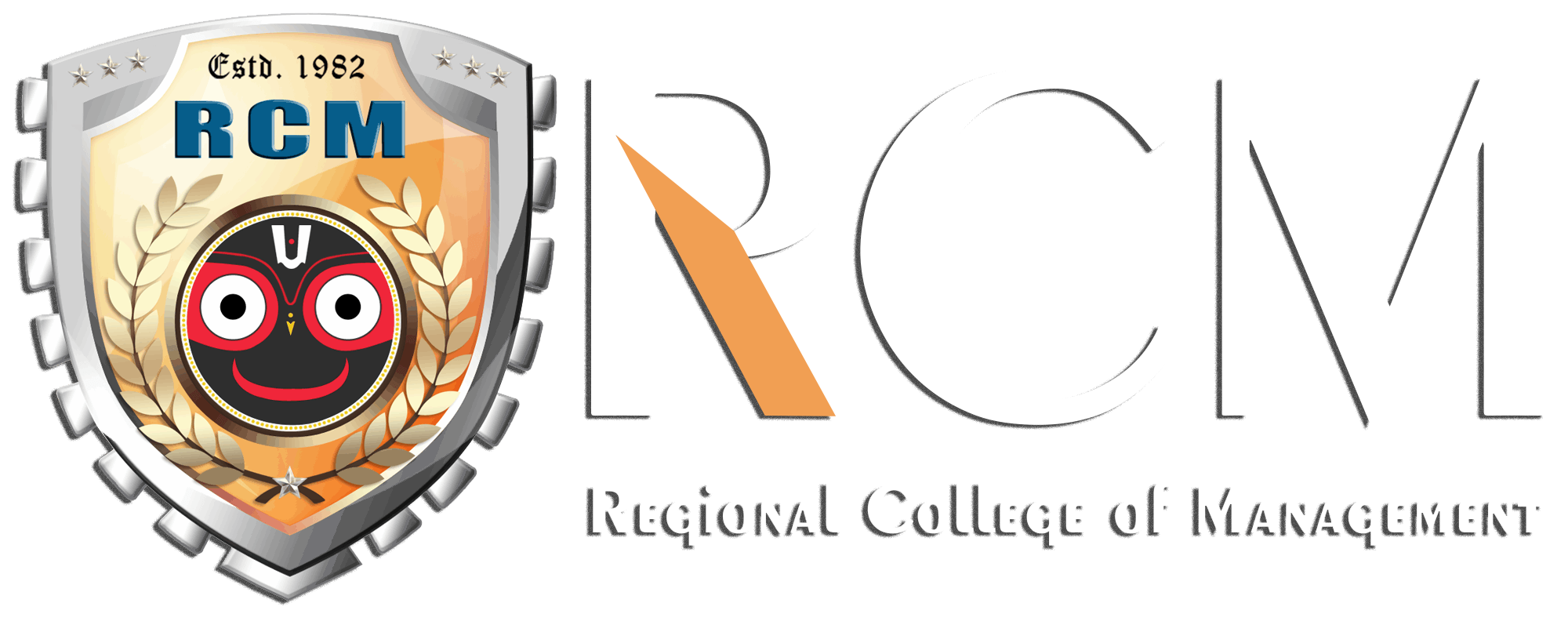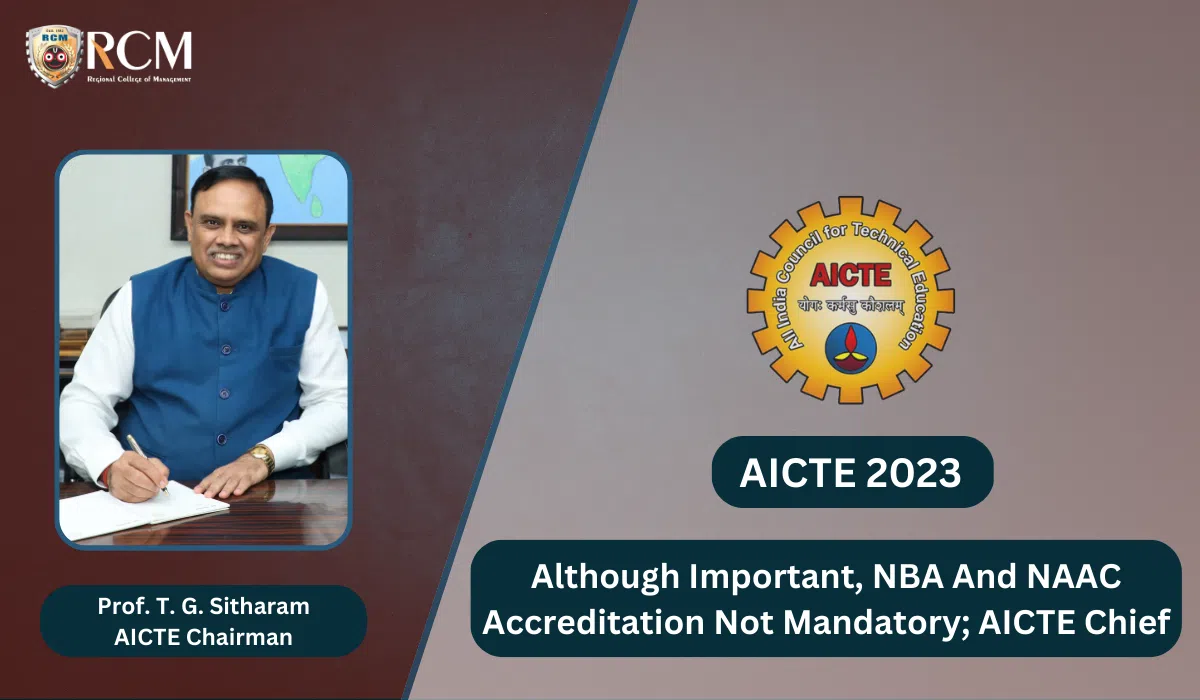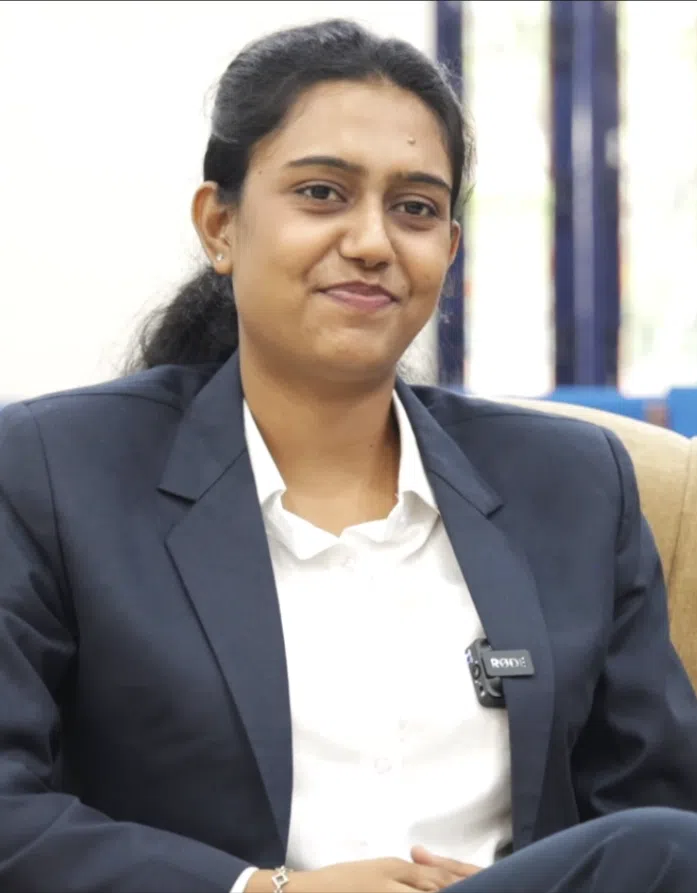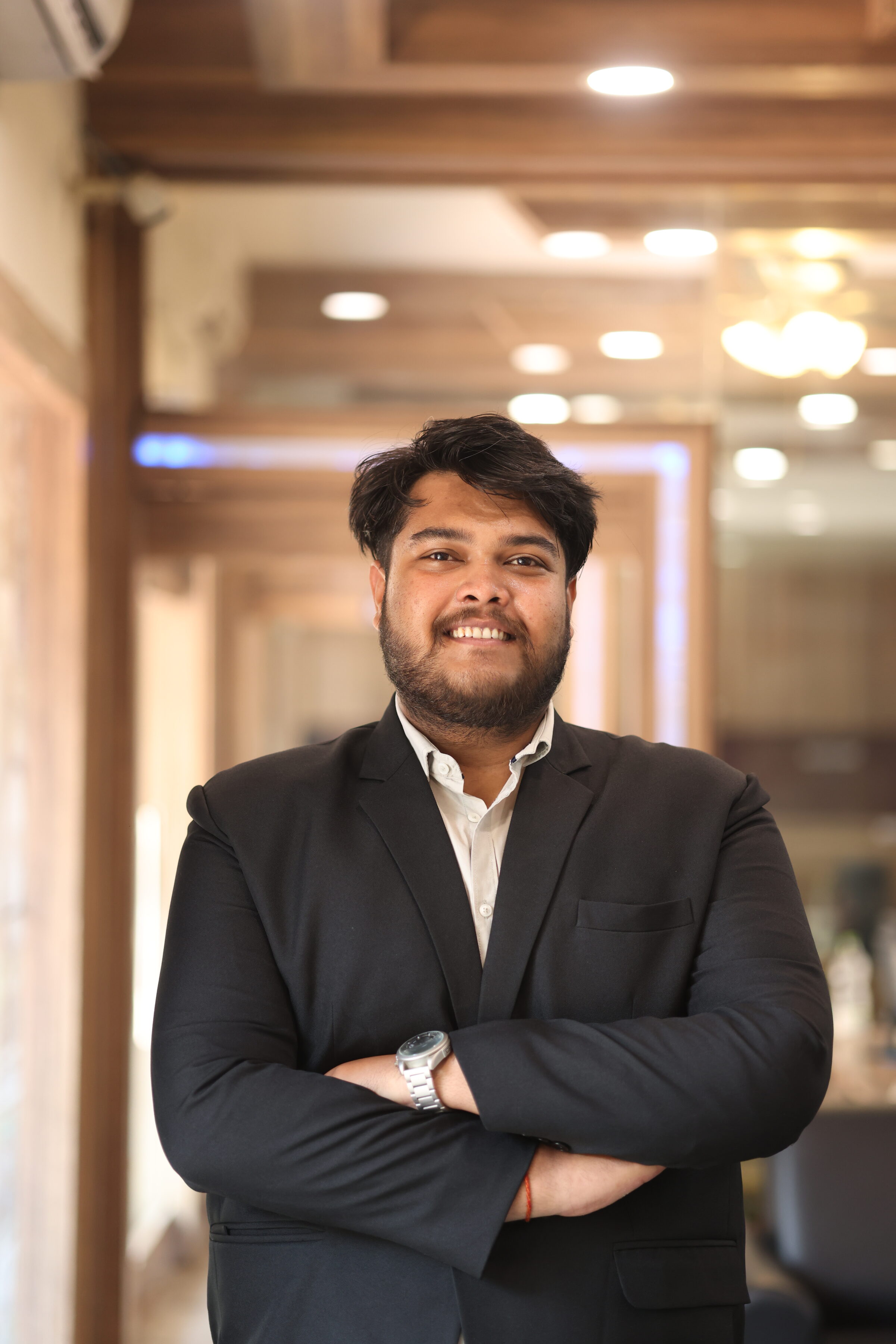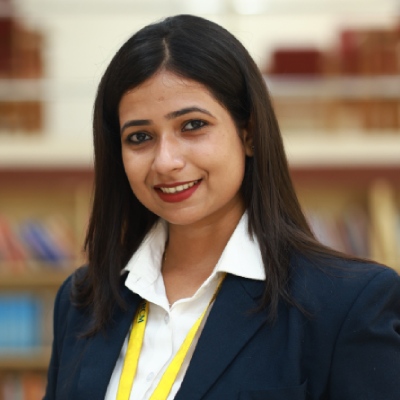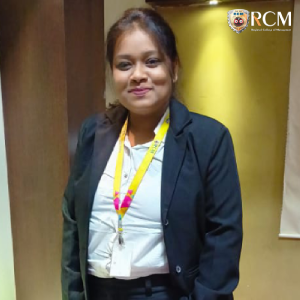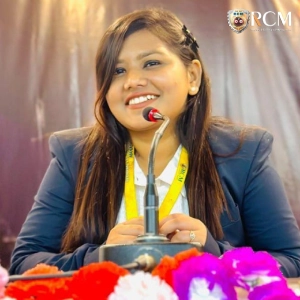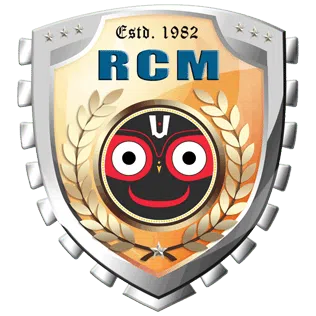AICTE’s Stance on Accreditation and Higher Education Reforms
AICTE Chairman TG Sitharam on Thursday said NBA and NAAC accreditation was critical for all the colleges to maintain quality but added that the apex body would not make it mandatory.
Speaking on the sidelines of Nagpur University’s 110th convocation, he said the AICTE would instead provide incentives to the colleges having both these accreditations. “Most colleges not seeking accreditation are run by the governments.
They faced issues like a shortage of faculty. I have talked to the NBA chairman to make their process flexible so that maximum colleges could apply for their accreditation. Our accreditation process has to be binary,” he said.
Sitharama said AICTE wanted to make graduates who will be employable across the world based on their skills. “We want to churn out global engineers. Currently, we are No. 3 in terms of producing engineers behind the United States and China. Our engineers can speak English and therefore they are best suited to work anywhere in the world. We want to become a top nation for producing engineers.”
Lauding the move to implement the National Education Policy (NEP – 2020), the AICTE chief said it also proposes the formation of the Higher Education Council (HEC) of India, which would be a single apex body for all educational institutions. “Even the National Curriculum Framework (NCF) launched by UGC is a landmark development. Courses from various faculties would be synchronized.”
Sitharam said it would take time for acceptance of engineering courses in regional languages. “Students will benefit as it’s easier to learn in one’s mother tongue. But we are not forcing anyone. We are writing complete new books for these courses and have roped in professors from IITs and NITs for the purpose.
Expanding Access to Regional Language Education and Employment Opportunities
We have uploaded all these books for the undergraduate and diploma courses on our portal E-Kumbh in 13 languages so that they can be easily available. In the last three months, it has recorded over 1.5 lakh downloads from 39 countries.”
The AICTE chief said he would talk to state public service commissions to give job priority to students who learn engineering in regional languages. “Such moves would attract more students toward regional language courses. Currently, 60 colleges, including two in Maharashtra, have started the BE/BTech programs in their respective languages. We need to change the mindset that courses in the regional language would both find acceptance.”
The former IIT Guwahati director said the AICTE has roped in over 500 companies to offer jobs to engineering students who hail from the rural and semi-urban areas. “we are also coming up with one nation, one data for the colleges. Colleges will no longer have to submit separate applications for MBA, NAAC, and AICTE permissions.
Revolutionizing Education Through Structural Changes
We are going to synchronize the vocational and part-time courses into regular programs. We are eliminating the term part-time, as the companies then discriminate between such students. It all depends on their learning abilities. We are encouraging colleges to use their infrastructure for the evening courses.”
Sitharam said lakhs of teachers are being trained in core and other fields to address the shortage problem. “We have closed down all our regional offices and turned those into ‘Indovation Centres’ which would basically work for technology transfer where industry professionals would teach the students on a part-time basis. We will call them practicing professors. This would be a great model to transform the industry,” he said.
‘Ram Temple’s Foundation Has a 1,000-Year Life Span’
AICTE chairman TG Sitharam was part of an eight-member expert panel to supervise Ram temple foundation laying work for Sri Ram Janmabhoomi Teerth Kshetra at Ayodhya. “We worked on the foundation and finally it was accepted to lay it through open excavation.
Temple would be ready on time and it would be an iconic monument for the nation. It is unique because its foundation has a 1,000-year lifespan. “The structure does not use steel, and therefore, alternate suggestions came.”
He said the pile foundation used for Metro rails will not work because it lacks steel. “People had apprehension about open excavations that rains might affect the foundation. But we have crossed that stage,” he said, adding that the progress of ongoing work was excellent.
(Source: Times of India)
